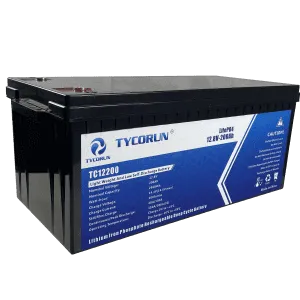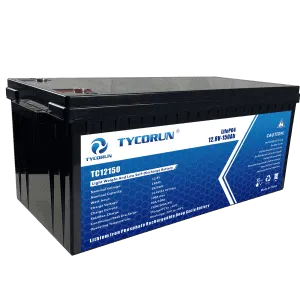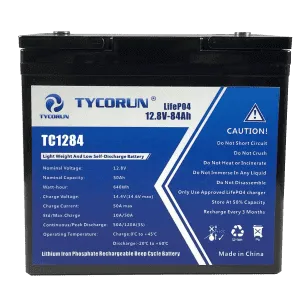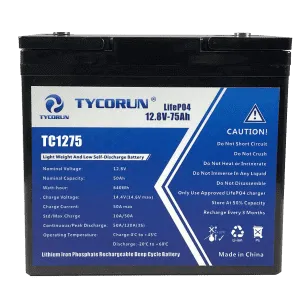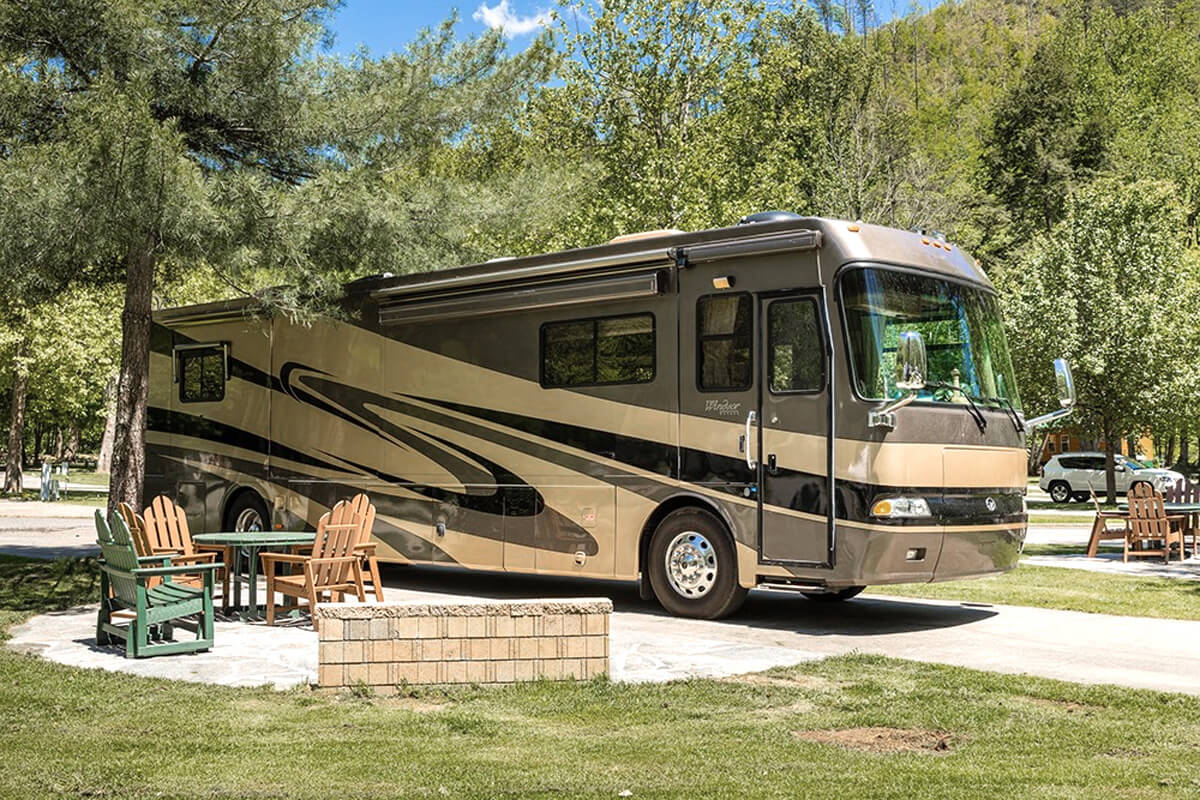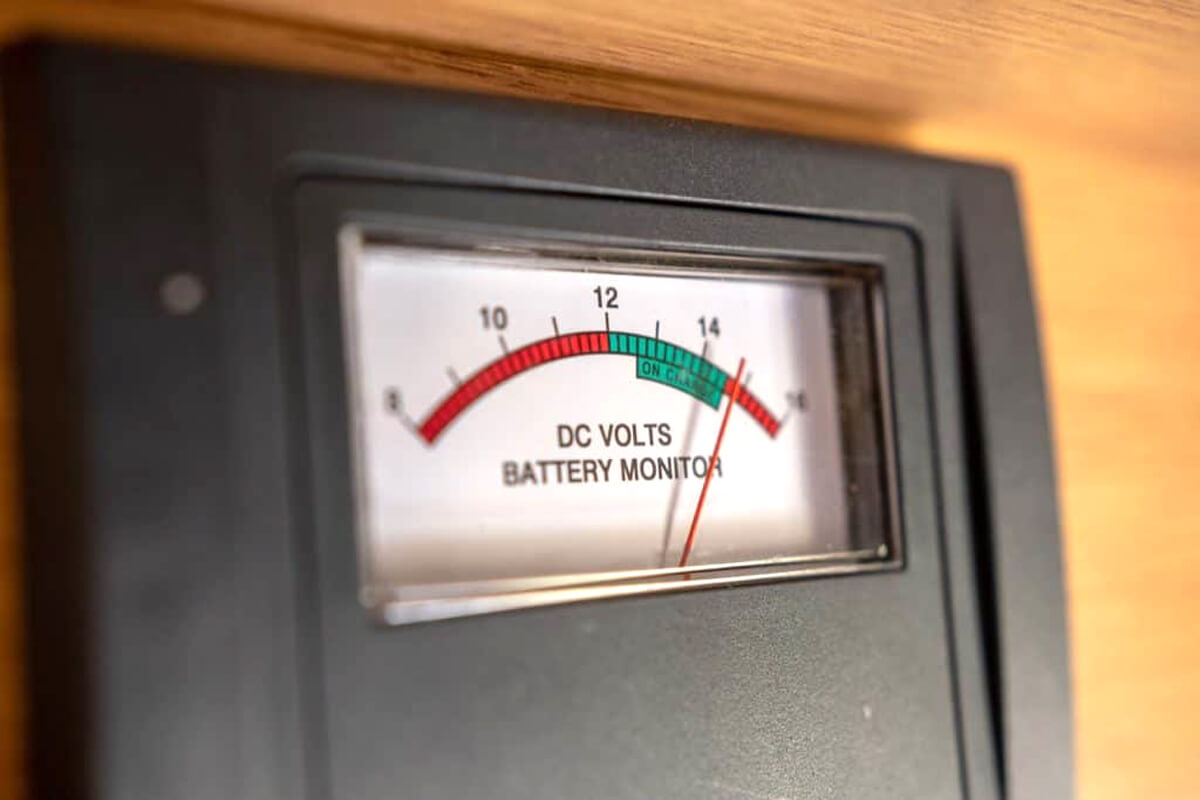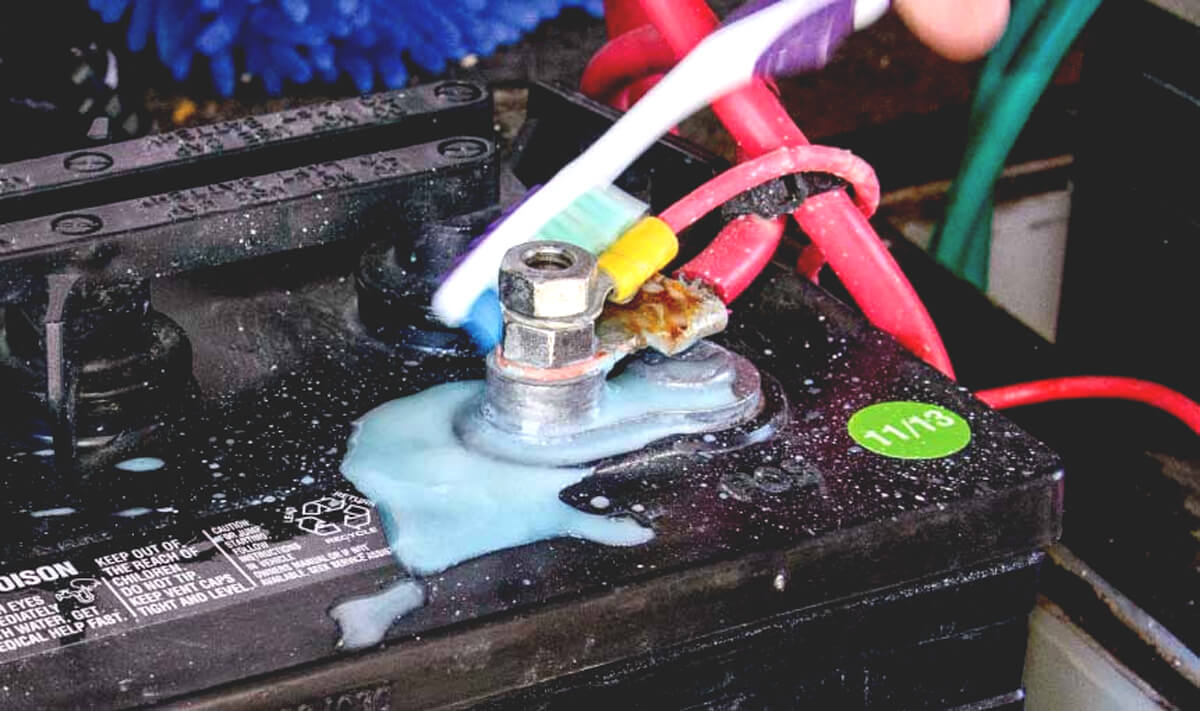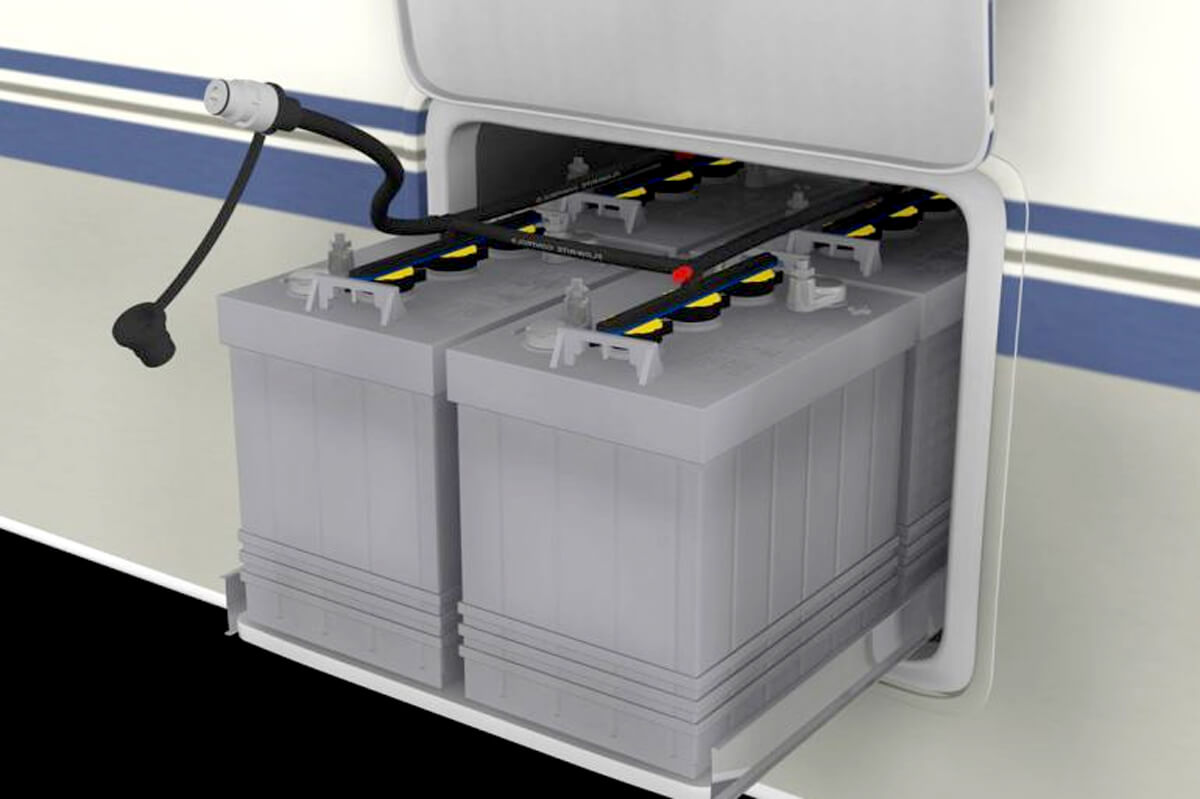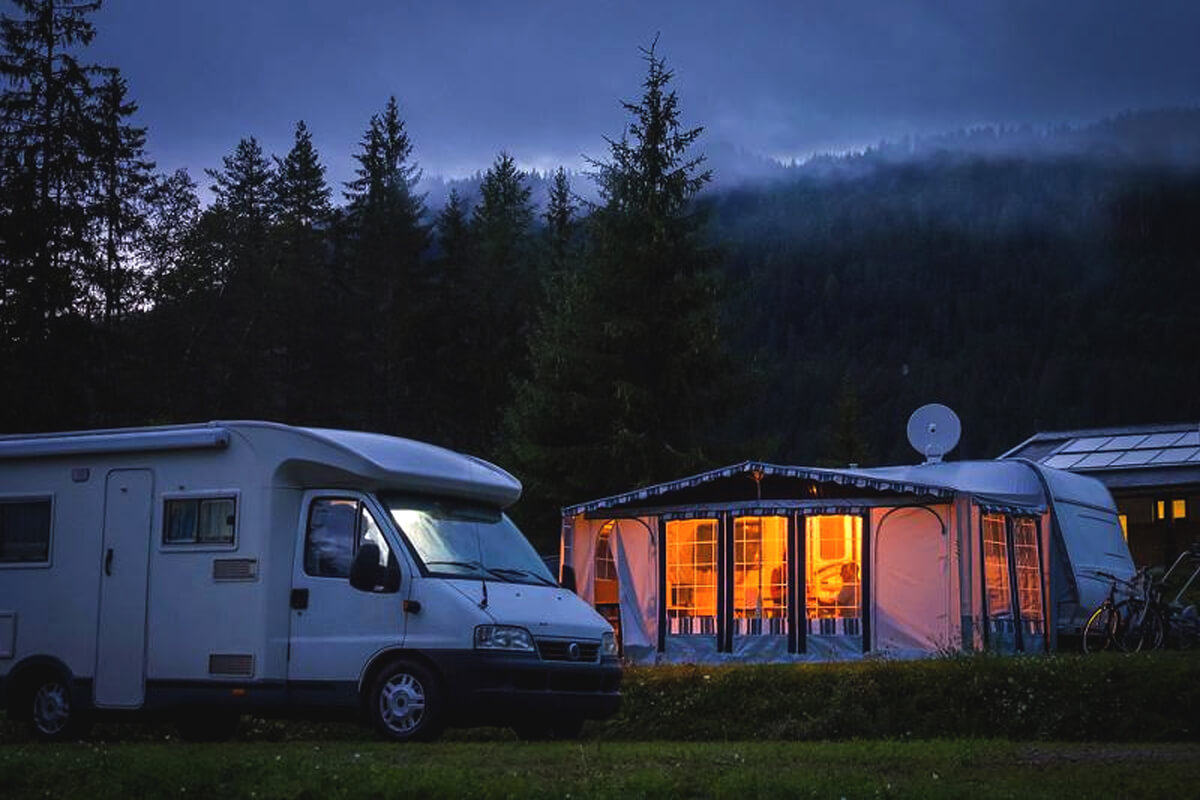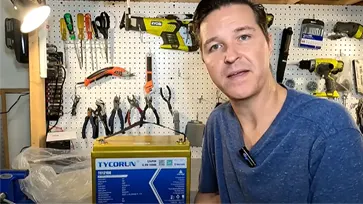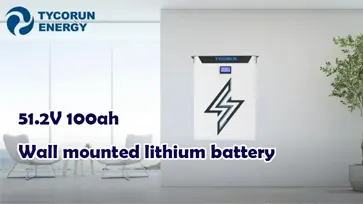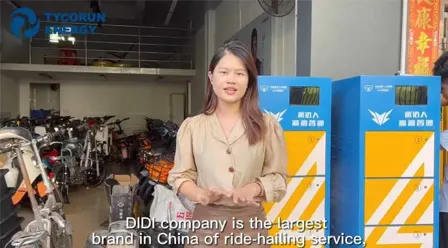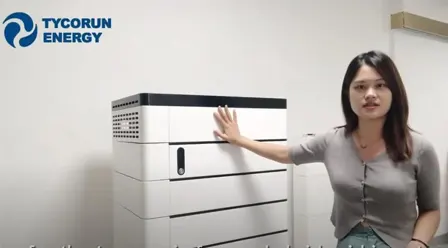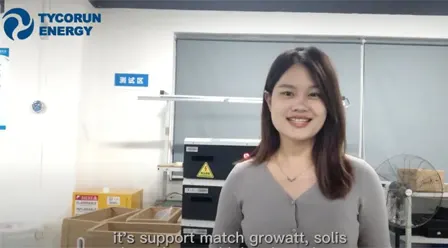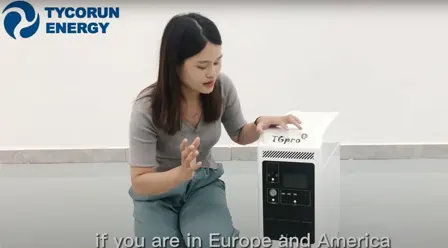Travel Trailer Battery: The Complete Guide
Lithium Travel Trailer Battery Manufacturer
14-year professional travel trailer battery manufacturers, 10-year warranty on travel trailer battery packs, using the best BMS protection board, protecting the best travel trailer battery pack from overcharge, overdischarge, overcurrent, short circuit, etc, with excellent self-discharge rate. Configurable Bluetooth, can be connected in series and parallel. The heating function and other special functions can also be customized. Enough stock for the 10 series of 12v lithium ion battery for travel trailer. Can be shipped within 3 days.
- What is a Travel Trailer battery?
- What type of battery is recommended for a travel trailer?
- Do I need a deep-cycle battery for my trailer?
- Can I use my travel trailer without a battery?
- How long does a battery last on a travel trailer?
- How do I know what size of battery I need?
- Should I disconnect my Travel Trailer battery when plugged in?
- Is it bad to leave my Travel Trailer Battery plugged in all the time?
- How long will my 12V fridge run on Travel Trailer Battery?
- What is the best Deep Cycle Battery for Travel Trailer?
- Can I use a car battery for my travel trailer?
- Summary
There are different types of RVs including the moveable and towable versions, but if you plan on operating these vehicles you need a battery. Usually referred to as an RV battery, a travel trailer battery, is a very important element of every travel trailer. They serve as the electrical hub of the RV, which is directly dependent on this battery’s functionality.
Even though there are situations where you can utilize your travel trailer without them, most vehicles require a battery power source to function properly. In this guide, we’re going to discuss all there is to know about the travel trailer battery, so let’s get started…
What is a Travel Trailer battery?
Also referred to as a deep cycle cell, the travel trailer battery is a vehicular battery that functions as a power source. It serves as a means to provide consistent electricity for a lengthy period. Usually attached to a travel trailer, it provides an easy-to-reach supply of energy for the electrical fixtures contained in the trailer while on a trip.
There are two major types of these deep-cycle batteries, namely; deep-cycle Lithium and deep-cycle Lead-acid batteries. The Lead-acid RV batteries have a reliable runtime of up to a 50% discharge, while, the lithium batteries can discharge up to 80%. A good travel trailer battery is assured to generate enough power for all appliances in your RV when fully charged with the right currents.
Deep cycle batteries are considerably different from the other types of batteries designed for vehicles with some clear distinctions. The other various types of cells like the starter battery cannot perform the duties of a deep cycle battery for your travel trailer, leading to a decrease in efficiency. Also called the chassis battery, this cell is used to start and run the engine of your RV and they require large starting currents for brief periods. Although they can work to power your camper or motorhome, they weren’t designed for that purpose and wouldn’t be as effective.
Commonly referred to as a home battery, these travel trailer batteries are generally used to supply 12V to the RV. If you want the most optimal function, you should always use deep cycle batteries because they provide a steady, consistent quantity of power for a long time. True deep cycle batteries come with much thicker plates, specifically designed to be deeply discharged and repeatedly recharged.
What type of battery is recommended for a travel trailer?
RVs are generally the same with little to medium differences here and there, so they usually require the same types of batteries. There are several RV battery choices available in the market with some being preferred over others for various reasons. However, to be on the safe side, there are two major types of travel trailer batteries which are suitable for all types of RVs; lead-acid and lithium-ion batteries.
Lead-acid batteries
This is the best travel trailer battery that you can get in the market with a good combination of efficiency and cost. Theses lead-acid batteries can usually be found in golf carts and boats. Car batteries produce a lot of current over a short period running out, but these batteries produce a steady amount of current over an extended duration of time. Various subtypes of lead-acid batteries include; flooded wet-cell and gel-type batteries which have different features and maintenance needs.
Lithium batteries
This usually serves as an alternative to the more conventional lead-acid batteries which include deep-cycle batteries. If you have plans of rigging your trailer to generate solar power then lithium-ion travel trailer batteries are perfect for the job. They come with several benefits like their lighter weight, smaller size, and the ease of maintenance compared to other types of batteries.
With a typical rate of mainly between 2,500 to 5,000 cycles as opposed to the average 400 cycles offered by most lead-acid batteries, these batteries have a considerably long lifespan. Lithium-ion batteries are very popular in the RV community because they usually cost less on average charge and discharge cycle. This makes them affordable to purchase, and with a longer life-span it is no surprise that it is the most sought-after type of battery available in the market right now.
If you have both basic and advanced needs like solar power generation you should opt for the classy lithium-ion travel trailer batteries. Most of the newer versions of RVs today come with these batteries as they have proven to be more suitable for trailer travel.
Do I need a deep-cycle battery for my trailer?
The type of RV that you drive is a major factor in deciding what type of battery that you need. Although there are various batteries available in the market, everyone needs a deep-cycle battery in their RV, there is no disputing this fact. The starting batteries are usually just used to get your trailer up and running, they aren’t designed to keep the vehicle running, just get it started. The deep-cycle batteries on the other hand are used for powering the numerous appliances in your travel trailer, coach, or camper.
These batteries transmit power from their cells to the fuses in lights, water heaters, refrigerators, slide out mechanisms, and other appliances. They usually come in 6V or 12V configurations but always provide an output of 12V which is the minimum requirement for most household equipment. This means that if you have 6V batteries, you’ll need two of them to achieve the required output.
Deep-cycle batteries are some of the safest types of batteries that can be recharged and drained continuously without losing power providing capabilities, unlike the cheaper starting batteries. For shoreline power and solar power charging, lithium-ion travel trailer batteries are usually preferred by users, because of its high-performance compared to the lead-acid cells. With the right configurations, you can recharge your battery through these means which run power to your converter, converting to 12V appropriate for it.
The reason you need a deep-cycle is that no other Travel Trailer battery can do its job even half as well because they are designed differently. Starting batteries will provide short, high-powered boosts which are sufficient to get your RV’s engine going, but for continuous, steady power you need a deep-cycle battery attached.
Can I use my travel trailer without a battery?
Travel trailers need power to function just like your phones, laptops, and cars. The only devices that can function without a battery are those that need to be plugged into a power source before use like your power tools, TVs, and average household devices like hair dryers. If you don’t have a battery or your present battery isn’t functioning properly, then you will need to replace it as there is no other way around it.
As explained previously, your batteries (both starter and house) serve as power sources despite serving different purposes. Firstly, if you drive a motorhome, you will not just require a house battery for maintained power, you’ll also need a starter battery to get your vehicle started. This means that not just only do you need a battery, depending on the type of RV you drive, you will require at least two types.
However, sometimes you don’t actually need your battery to be in use because you are plugged into an external source like a shore power. The electric currents go into the RV’s converter when you are connected to a shore power, transforming the 120V AC to 12V DC power. This is a more convenient power source than being connected to a Travel Trailer battery because you don’t have to worry about running out of power. But the disadvantage of this form of power is that there could be a power outage at any time which will leave you left with no power.
So, in a nutshell, your camper or motorhome cannot function without a power source, it all depends on the situation and location. If you can connect to a shore line, that’s great, but it’s always wise to have a backup power source, so always come along with your battery and travel trailer battery charger.
How long does a battery last on a travel trailer?
There isn’t a fixed period that is set for a Travel Trailer battery to last as there are several factors that affect how long a battery lasts. How long a battery lasts is largely dependent on the individual use of stored energy during operation as preservation is a major factor. However, a typical 12-volt RV battery when fully charged can last for up to 96 hours of use on average, even while dry camping.
If you are utilizing normal functions like water pumps, lighting, refrigeration, and heating, then your battery will last you up to 72 hours. If you however have larger batteries or are able to conserve energy, then you may be able to get between 5-7 days of battery life. There are a few things that you can do to help improve the lifespan of your batteries, including;
– Clean the battery terminals:
The battery terminals require constant care because unattended dirt can lead to their corrosion. To do this, you need to start by removing the negative cable first and then the positive cable next. You can either use a spray cleaner or home-made recipes (baking soda).
If you’re using a spray cleaner just follow the instructions on the label, for home remedies mix a cup of baking soda with one gallon of water and scrub the terminals with an old toothbrush or stiff wire brush. After cleaning, use water to rinse the terminals, connect the cables and then protect with a battery-terminal sealant. However, to avoid the ardous task of cleaning your terminals, you could just buy a lithium-ion battery instead of a lead-acid battery. Only lead-acid batteries require this sort of maintenance, lithium-ion batteries on the other hand do not.
– Consider using multistage chargers:
The way you charge a battery is a determining factor on how long its lifespan is. RV batteries are usually charged by the trailer’s electrical charger/converter which apply DC currents. If you want optimal performance you should get lithium-uon batteries along with these special chargers. Multistage chargers provide a faster way of charging your lithium-ion battery to its full capacity without risk of damaging.
How do I know what size of battery I need?
To understand what size of deep-cycle battery will suit all you and your RV’s needs, there are 3 key points you should consider, these are;
• How much power do you utilize at once? If you’re someone who likes to run multiple appliances at once which consume a lot of energy your system needs an upgrade. Even if this use is for just a short period, you will need a large Travel Trailer battery bank to avoid damage to your batteries.
• How far away from the mains power are you? The more hours that your camper or motorhome will require between charges is a huge determining factor of the size of your battery. The appliances that you plan to use also matter because if you want your batteries to have a long life span, the power used should be proportional to the battery size.
• Is charging while away from the mains a possibility? If there are charging avenues like solar panels or generators, then you may get by with a smaller battery. But when you depend on solar panels, it is important to note that bad weather conditions can affect the efficiency of your Travel Trailer battery charger.
Should I disconnect my Travel Trailer battery when plugged in?
There are several factors that affect whether you need to unplug your battery like the age of the RV and the type of the battery. This is because the older versions of RVs and motorhomes don’t have systems in place to help safeguard your battery and protect it from overcharge. But if you own a Lithium-ion battery, then you don’t have to worry because the BMS has battery overcharge protection function. If your RV or camper doesn’t come with this smart mechanism that protects your non-lithium-ion battery, then it is harmful to leave it unmonitored. But if you do have these smart systems in place, then unless the RV is in storage and not currently in use, it can remain connected when plugged in. For those with older versions of RVs, cheap cells, or faulty systems you run the risk of damaging your battery over time if you leave it in charge.
Batteries differ from each other with some being able to handle certain levels of input power while others cannot. This is why it is important to check the specifications of your battery to find out if it can handle being plugged in to a power source for an extended period. For the older types of batteries, leaving them plugged in for an extended time can cause damage.
For those using newer batteries, the smart systems and converters are now designed with technology that is dedicated to protecting battery life. If your travel trailer battery is old or faulty, disconnect it from the RV when it is fully charged, so you can avoid damaging it and incurring unnecessary extra expenses. Alternatively, you can purchase a float charger that comes with a battery maintenance mode. With this function, you can leave your battery connected for how long you want and it will only receive the charge that it needs, no extra harmful currents.
Is it bad to leave my Travel Trailer Battery plugged in all the time?
No matter the device that you are making use of, if you leave it on charge for an extended period of time, you risk damaging it. When you leave your Travel Trailer battery charger to be left plugged in for an extended period you risk depleting the electrolyte levels of the battery cells. When these levels in your battery cells are reduced, it shortens the lifespan of that battery, causing you to have to replace it much sooner than you had to.
Thus, you should avoid leaving your travel trailer battery charging long past when it has been fully charged. However, there is a solution if you know you might end up allowing this to happen on by accident.
Purchasing a Lithium-ion battery is your best bet, because these batteries are equipped with a discharge and overcharge protection system there are usually no down sides for leaving your battery plugged in.
How long will my 12V fridge run on Travel Trailer Battery?
It would be nice to give a straightforward answer, but it isn’t as simple as that. There are several factors that affect how long a 12V refrigerator will run on a Travel Trailer battery with some more impactful than others. These factors include;
-Size of the battery
-Battery chemistry
-Fridge volume
-The setting of your thermostat
-Ambient temperature of the outdoors or the internal temperature of the room
-The operating Amps of the compressor motor of the refrigerator
-How often the 12V fridge door is opened and for how long
Taking all of these into account, the average duration that a fridge can run stands between 20 to 50 hours. This depends on if you’re using a Lead Acid or Lithium-Ion battery.
What is the best Deep Cycle Battery for Travel Trailer?
Choosing the ‘best travel trailer battery’ is a little difficult because there is so much variety available in the market right now. Different batteries serve different purposes, with some performing better than others in one department and then failing in the other. The ideal deep cycle battery should provide a good mix of efficiency, durability, and flexibility.
It should be a high-performance battery option that can be charged via solar panels even when you aren’t around. If you need top-quality equipment, you need a Travel Trailer battery that is designed with an advanced valve-regulated technology which makes it immune to leaking, so it is low-maintenance. If you want maximum power, don’t go for binary lead-alloy plates but instead a battery that comes with proprietary quinary-alloy plates that give it low-internal resistance and massive current output. Its major features must include.
– At low temperature, its discharge performance should be very good
– It should come with a low-maintenance design which is also leak-proof
– Performs impressively during freezing temperatures
– Compatible with solar panels for so you can still charge when not around
Can I use a car battery for my travel trailer?
It is perfectly normal to assume that a car battery is a suitable substitute for a travel trailer. And although they are, it is important to note that, they aren’t designed to provide enough power for your RV and its appliances. If you use your RV a lot, then you may have to replace batteries fairly regularly.
When you go shopping for batteries, the cheaper price of some automobile batteries may look tempting, but in the long run, you will still end up having to replace the battery much sooner than you expected.
Unlike a Travel Trailer battery, car starter batteries are designed for short term functions , to quick start and be charged constantly by alternators. So, when it comes to being drained over a long period and providing ample electricity to power your refrigerators and TVs, the car battery will always come short. In the short term, you can maybe use a car battery to power your RV, but if you keep on using it, it will get damaged.
Summary
Travel trailer batteries are powerful cells that are designed specifically to function as a power source for those who love to go camping and take their home along with them. Now that we’re at the end of this article, you should know everything there is to know about them including the best Travel Trailer battery. Ensure that you don’t surpass the discharge limit of your battery so that you don’t cause damage to it and shorten the life span.
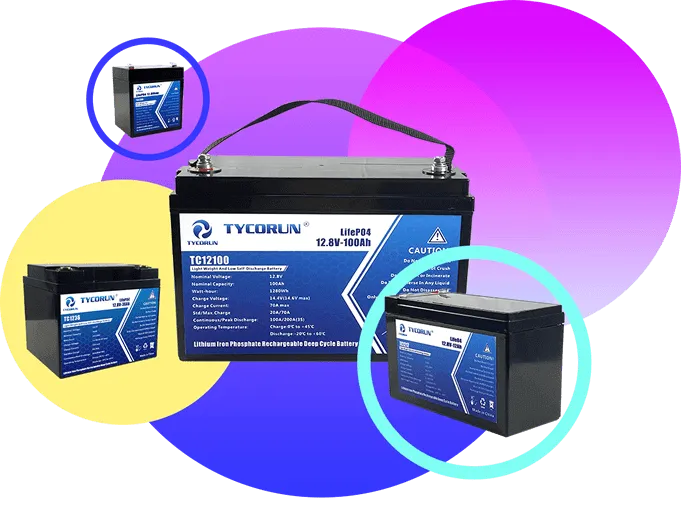
About lithium ion battery manufacturers
TYCORUN® has more than 14 years of experience in the travel trailer battery industry and is a Chinese high-tech enterprise that develops, produces and sells various new energy battery products.
12V travel trailer battery production capacity accounts for 80% of our lithium battery manufacturing products
High quality assurance
TYCORUN is determined to become a leader in the lithium battery industry, quality is our culture!
Professional manufacturers
With best travel trailer battery pack as the core, integrating channels and technologies
Factory wholesale price
We promise to let customers get the most cost-effective travel trailer battery products
Reliable Service Assurance
Provide lithium ion battery OEM, ODM, 1 MOQ.Full Set of Certificate
Video Gallery
Lithium ion Battery News

One-stop Africa battery swap solution – new energy electric motorcycle intelligent operation management
This article will cover the current situation of Africa’s market, the rapid development of the Africa battery swap industrial chain and Tycorun’s battery swap solution.

Top 6 high-rate cell companies in China
Among the manufacturer producing high rate battery, BAK, EVE, LISHEN, MOLICEL, SAMSUNG SDI, and SunPower stand out for their outstanding products.

Top 10 solid state battery manufacturers in China
China’s solid state battery development is in the accelerated stage, the top 10 solid state battery manufacturers mainly have the following

New Ganfeng battery – ultra safe semi-solid battery with high performance
This article details Ganfeng Lithium’s solid-state battery development, technological innovations, and the performance of the ganfeng battery in safety tests.
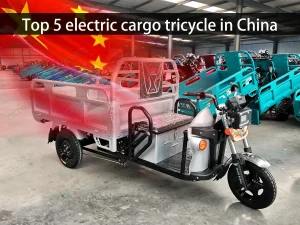
Top 5 electric cargo tricycle in China
This review presents the top 5 electric cargo tricycles in China, featuring detailed specifications and performance insights. Evaluating criteria such as load capacity, battery efficiency, and safety features, this guide assists buyers in selecting the ideal tricycle based on individual requirements.
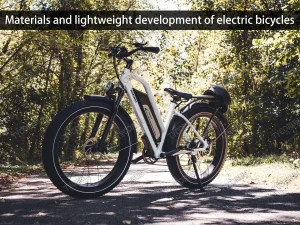
Materials and lightweight development of electric bicycles
This article provides an insightful exploration into the development of electric bicycles, focusing on advancements in materials and lightweighting techniques. It delves into the historical evolution of electric bicycles, analyzes various bicycle frame materials, discusses the development of electric power assist technology, and offers an overview of the electric assist bicycle market. Through detailed examination and analysis, it highlights the importance of lightweighting for electric bicycles and identifies key trends shaping the industry’s future.

